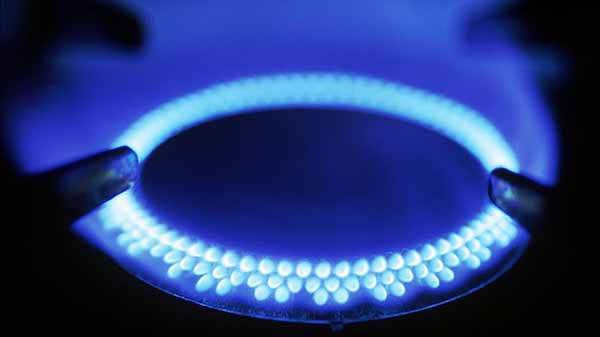29 Oct 2019

The natural gas industry provides a unique opportunity to support Australia’s economic growth while providing jobs and cleaner energy for Australia and the region, APPEA said today.
Commenting on a speech by Opposition Leader Anthony Albanese, APPEA Chief Executive Andrew McConville said: “Australia’s natural gas has a vital role to play in delivering significant economic benefits at home while helping to reduce global emissions.”
“The oil and gas industry has invested more than $350 billion in the economy over the last decade and this will sustain economic benefits for many years, particularly in the regional areas that host activities,” Mr McConville said.
“Australia’s LNG export earnings are expected to increase by 61% to $50b in 2018‑19 and are forecast to reach $52b in 2019-20. Over 80,000 people are directly and indirectly employed in the production of oil and gas.
“Natural gas also provides a range of important benefits as we move towards cleaner sources of energy and reduce global emissions.
“With structural changes underway in the power sector and growth in renewable energy technologies, gas is the perfect partner to intermittent renewable energy that requires on-call electricity generation to manage demand. As more renewable energy is integrated into the national grid, this balancing role becomes even more critical.”
Mr McConville said liquefied natural gas (LNG) exports from Australia have the potential to save global emissions equal to over a quarter of the country’s total annual domestic greenhouse gas emissions.
“Clearly there are emissions associated with producing LNG but there can be real emissions reductions in its use in Australia’s export customer countries,” Mr McConville said.
Australia’s latest National Greenhouse Gas Inventory underpins recent comments from Minister for Energy and Emissions Reduction Angus Taylor that this equates to the potential to lower emissions in customer countries by around 152 million tonnes of carbon dioxide principally by the displacement of coal consumption in those countries.
“The Opposition Leader’s contribution to this debate is an important one,” Mr McConville said. “Too often the discussion about energy and emissions in Australia descends into an ideological, binary argument between advocates for fossil fuels and renewables which prevents us from moving forward with pragmatic and achievable solutions.
“Natural gas and renewables, reducing global emissions and developing an export industry vital to Australia’s economic future, must all be part of the same discussion.
“Rather than arguing about what we cannot have, it is time to have the right conversations about how we can all work collectively and collaboratively to design and implement solutions that address our challenges and capture our opportunities.” Download PDF
Media Contact

